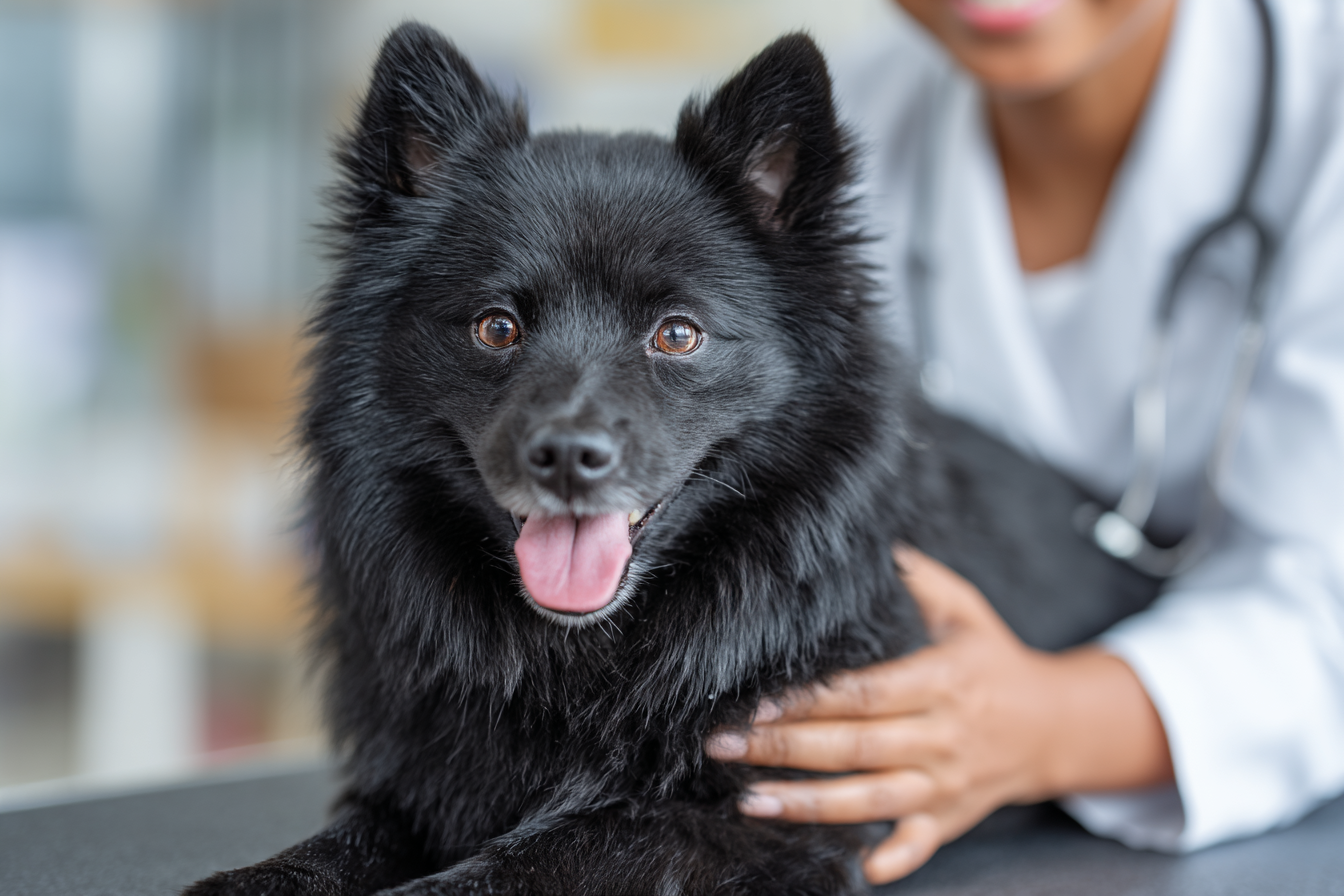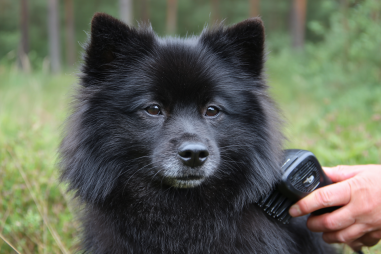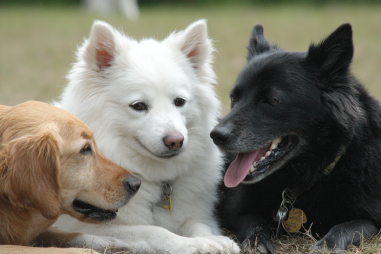Schipperkes are charming little dogs known for their lively personalities and fox-like appearance. Like all dog breeds, they have a set of health concerns that prospective and current owners should be aware of to ensure their furry friends enjoy a long, happy, and healthy life. Understanding the common health issues facing Schipperkes and learning how to prevent or manage these conditions can make a significant difference in your dog’s well-being. Let’s explore the typical health risks for Schipperkes and some practical steps you can take to safeguard your pet’s health.
Overview of Typical Health Concerns
While Schipperkes are generally a sturdy and healthy breed, they are predisposed to certain genetic and breed-specific health problems. Awareness is key, as early detection and intervention can greatly improve quality of life. The most common issues Schipperkes face include hip dysplasia and other joint problems, various eye conditions, and skin-related issues. Additionally, like all dogs, they benefit greatly from preventive healthcare, proper nutrition, and regular veterinary visits. Knowing about these health concerns helps owners monitor signs and seek timely care.
Hip Dysplasia and Joint Problems
One of the primary health concerns in Schipperkes is hip dysplasia, a condition where the hip joint doesn’t fit together perfectly, leading to joint instability, pain, and arthritis over time. Although it’s more common in larger breeds, Schipperkes are not immune to this problem. Symptoms can include limping, difficulty rising, reluctance to exercise, or noticeable pain after activity.
In addition to hip dysplasia, joint issues such as patellar luxation (dislocation of the kneecap) can also affect Schipperkes. Patellar luxation can cause intermittent limping or skipping during walking due to the kneecap slipping out of place.
Preventive measures include:
- Choosing a reputable breeder who tests for hip dysplasia and joint health before breeding.
- Maintaining a healthy weight to reduce stress on joints.
- Providing low-impact exercises like swimming or controlled walks.
- Using joint supplements such as glucosamine and chondroitin when recommended by your vet.
Eye Conditions to Watch For
Schipperkes are prone to several inherited eye problems that can potentially lead to vision loss. One notable condition is Progressive Retinal Atrophy (PRA), a degenerative disease where the retina gradually deteriorates, causing night blindness and eventually complete blindness. Another concern is cataracts, which cause clouding in the eye lens and can affect vision quality.
Regular eye checkups by a veterinary ophthalmologist are crucial because many of these conditions develop slowly and are more easily managed if caught early. Dogs showing signs of vision trouble—such as bumping into objects, hesitance in unfamiliar places, or changes in pupil appearance—should be evaluated promptly.
To reduce risks or handle eye conditions effectively:
- Ensure any breeding Schipperkes have clear eye certifications.
- Schedule annual eye examinations as part of routine health checkups.
- Watch your dog’s behavior for changes that could indicate vision problems.
Skin and Coat Issues
The Schipperke’s thick double coat requires regular grooming to prevent common skin and coat problems. While generally hardy, Schipperkes can suffer from allergies—which may be environmental, seasonal, or food-related—as well as other skin irritations such as hot spots and dermatitis.
Allergic reactions can cause itching, redness, hair loss, and discomfort. Additionally, their dense fur can sometimes trap moisture close to the skin, which increases the risk of infections if not properly maintained.
Here’s how to keep your Schipperke’s skin and coat healthy:
- Brush your dog at least once or twice a week to remove loose fur and prevent matting.
- Bathtub time should use gentle, dog-friendly shampoos designed for sensitive skin.
- Keep an eye out for excessive scratching or licking, and discuss these symptoms with your vet.
- Consider hypoallergenic diets if food allergies are suspected.
- Maintain a clean living environment free from dust mites or molds that could trigger allergies.
Preventive Health Care
Proactive care is the cornerstone of keeping your Schipperke in optimal health. Preventive measures don’t just protect against breed-specific conditions—they also safeguard against common canine diseases and parasites.
- Vaccinations: Following your veterinarian’s recommended vaccination schedule helps prevent contagious illnesses like rabies, distemper, parvovirus, and others.
- Parasite Control: Use vet-approved flea, tick, and worm prevention products regularly to keep your Schipperke free from parasites that can cause discomfort and disease.
- Dental Care: Dental disease can have systemic effects on dogs, so regular teeth brushing and professional cleanings are essential.
- Spaying/Neutering: Besides controlling the population, spaying or neutering your dog can reduce the risk of certain cancers and behavioral problems.
Nutrition and Exercise Tips
Good nutrition and appropriate exercise have a profound impact on your Schipperke’s overall health, longevity, and happiness. Feeding a balanced diet that meets your dog’s age, weight, and health requirements can help stave off obesity and related illnesses like diabetes and arthritis.
Some tips for nutrition and exercise include:
- Choose high-quality commercial dog food or consult your veterinarian to design a homemade diet that provides complete nutrition.
- Monitor portion sizes to prevent overfeeding, as Schipperkes have a tendency to gain weight if calorie intake isn’t controlled.
- Establish a regular exercise routine involving daily walks, playtime, and mentally stimulating activities to keep your dog physically and mentally fit.
- Adjust exercise levels as your dog ages or if joint issues develop, prioritizing gentle activities.
Regular Veterinary Checkups
Routine veterinary visits allow early detection of health problems even before symptoms appear. Annual or bi-annual checkups typically include a physical exam, weight check, blood work, and sometimes diagnostic imaging or specialized screenings depending on age and risk factors.
During these visits, it’s important to discuss your dog’s behavior, diet, activity level, and any changes you’ve noticed. Keeping detailed health records, including vaccination dates and past medical treatments, helps your vet provide the best care possible.
Veterinarians can also offer guidance tailored to your Schipperke’s individual needs, ensuring they stay healthy throughout their life stages.
Helping Your Schipperke Live Their Best Life
Being informed about the health challenges common to Schipperkes empowers you to give your dog the best care possible. Regular monitoring, preventive healthcare, and a loving environment are pillars of a happy and healthy furry companion. While some health concerns are hereditary, many can be managed effectively with early detection, proper diet, and attentive care. Your Schipperke’s vibrant spirit and affectionate nature make all the effort worthwhile, as they bring joy and companionship to your life for many years.







